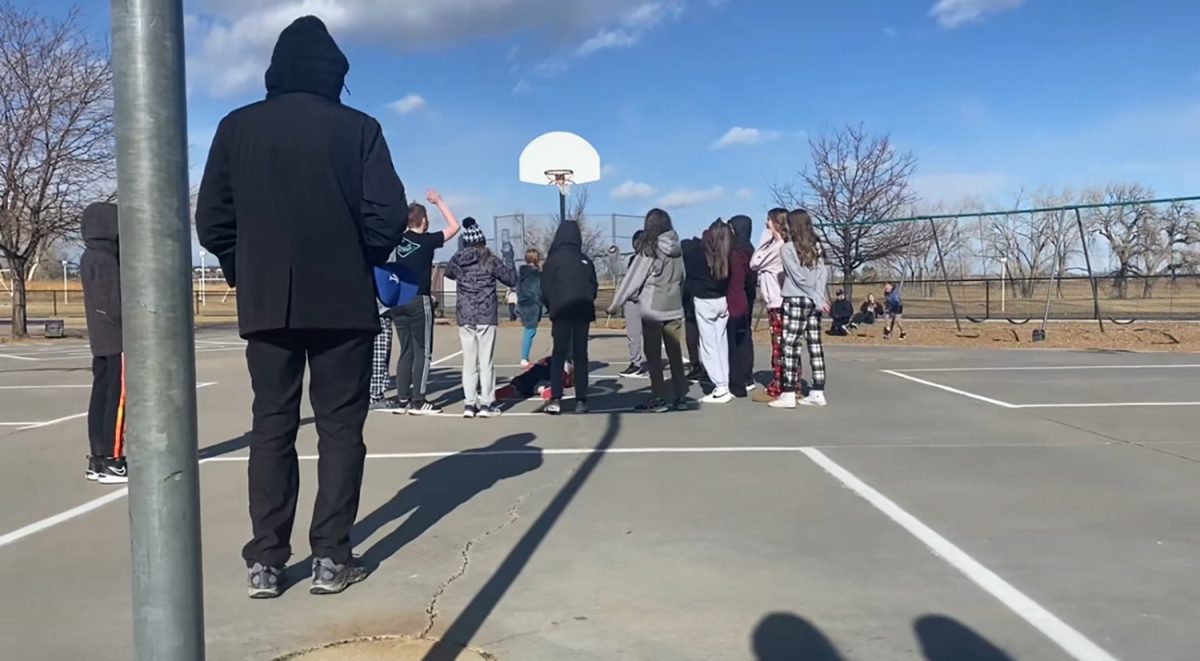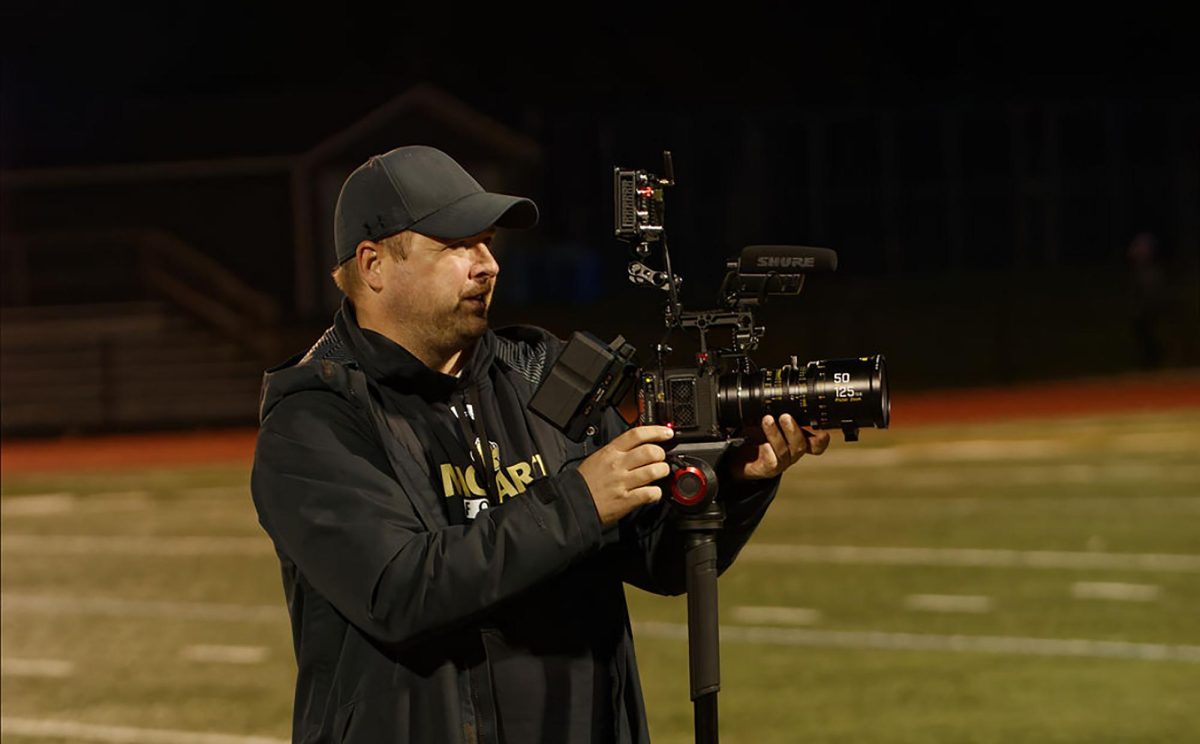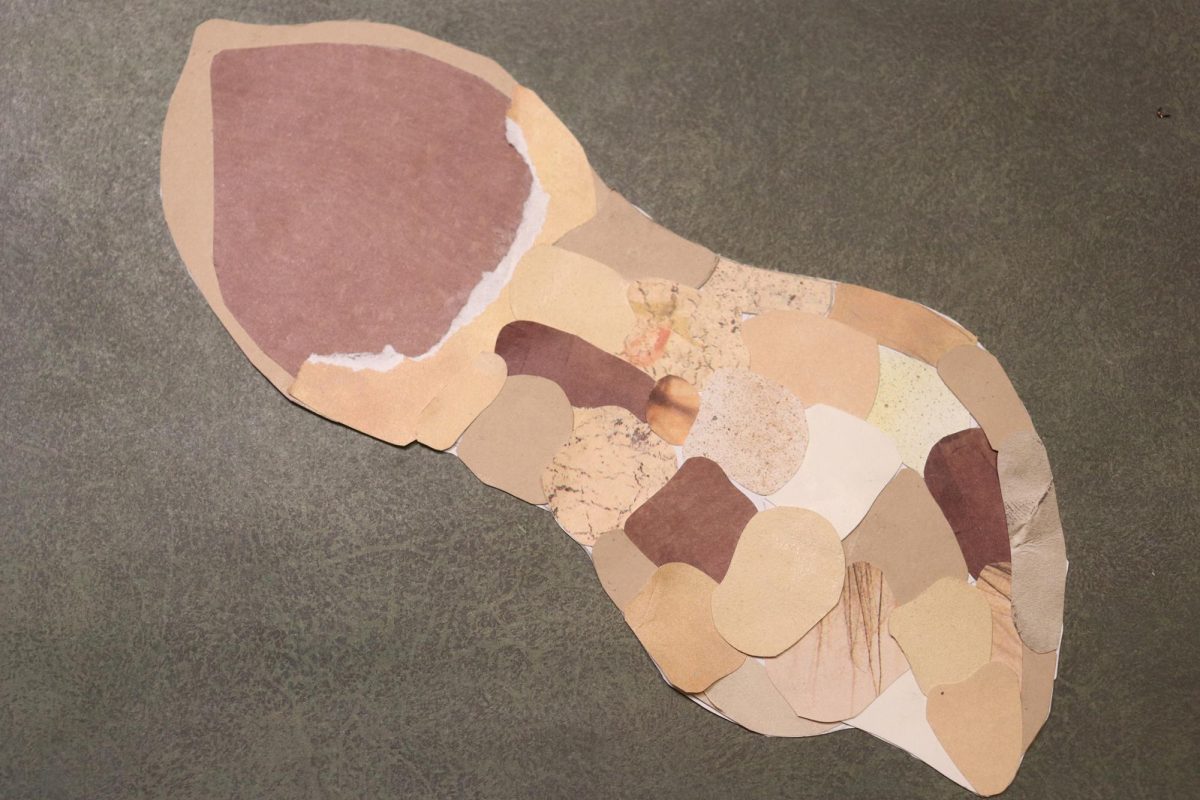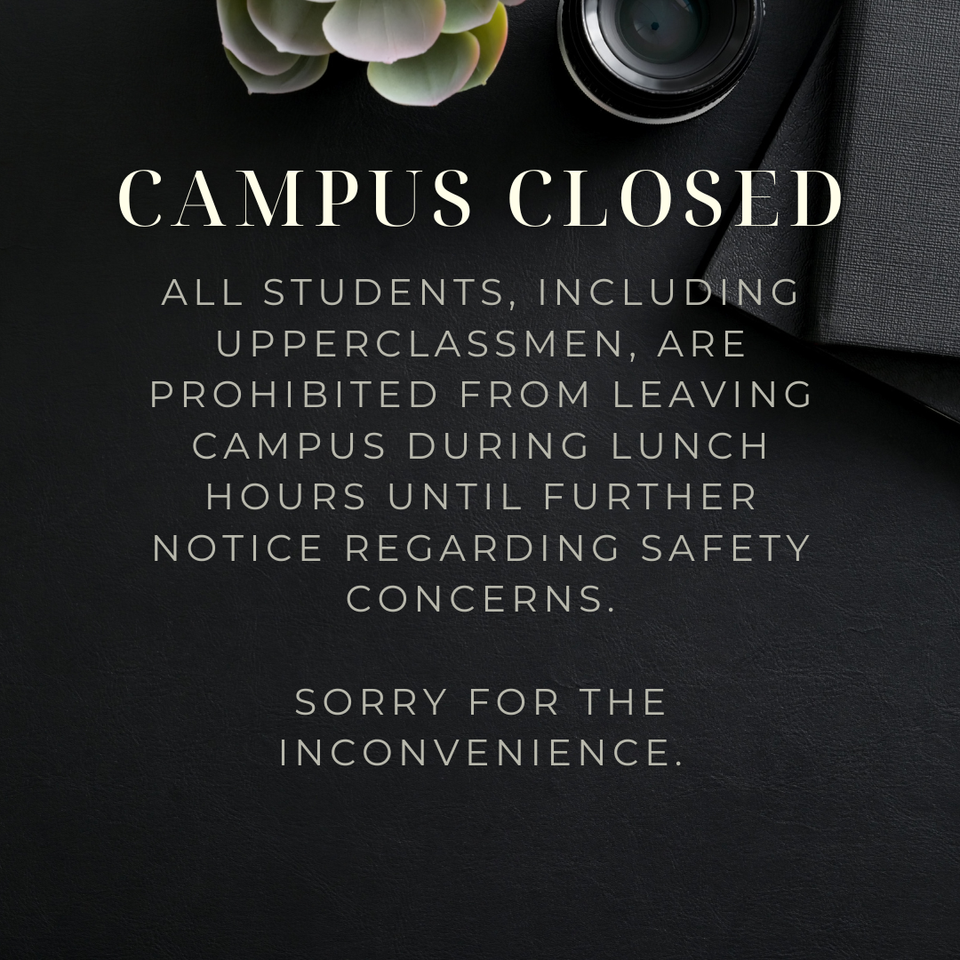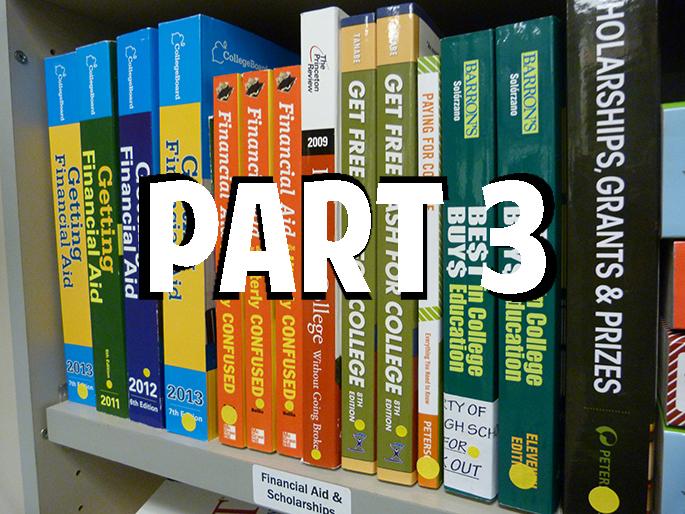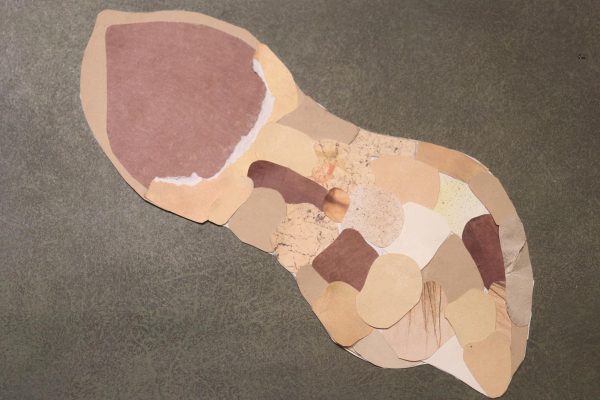College Update: Part Three
Sadly, the work doesn’t end when you receive your acceptance letter.
Even if you’ve received an acceptance letter from a college and plan to attend, the application process might still not be over. It’s certainly not over if you need financial aid, and even if you think you don’t qualify or don’t need it you might still be required to submit some additional materials. Here are some tips and resources to make securing your spot and winning aid a little easier.
-
Even after submitting all of the application materials you will need to check your schools application system to determine if more materials are needed. These could include but are not limited to updated transcripts, extracurricular performance reports (especially for athletes), test scores, and criminal activity reports if applicable.
-
Once accepted, you may still need to do certain things in order to secure your spot. Check the materials you received from colleges to see if they require you to accept or decline admission to their school (online or via a submitted form), make an enrollment deposit, meet with a counselor, join Facebook groups or email lists, or apply for on campus housing (through a lottery or formal application).
-
Financial aid from colleges often requires the FAFSA and CSS Profile to be filled out. Both of these applications are available now and, regardless of your financial situation, should be completed as soon as possible. Financial information from your parents is required and both applications are long and take time to be processed. (http://www.fafsa.ed.gov/, http://student.collegeboard.org/css-financial-aid-profile)
-
Independant financial aid requirements vary widely but if you are going to apply for a lot of scholarships be prepared to submit multiple copies of: transcripts, letters of recommendation, test scores, essays, activities lists, award lists, employment records, financial information (FAFSA, etc.) and other miscellaneous forms that get asked for. Some scholarships also require interviews or workshop participation (these are often for larger monetary denominations so many people find them to be worth it).
-
Be thorough in your search and try to find a plentiful and varied assortment of scholarships but also be smart about how you choose them. Find scholarships that highlight a talent of yours in order to be competitive. Search for local and lesser known scholarships that you are more likely to win on account of smaller applicant pools. Don’t be discouraged by the length of applications and save old apps so that you can copy and paste information when different apps ask the same questions.
- When in doubt ask the Monarch High School counselors! They have been doing this for years and they know a whole lot more than the average student about the college process. They can help you weigh your options with colleges and help you finalize everything once you get accepted. Counselors are also likely to know not only how to go about applying for scholarships, but also specific ones that might fit you and your needs.




